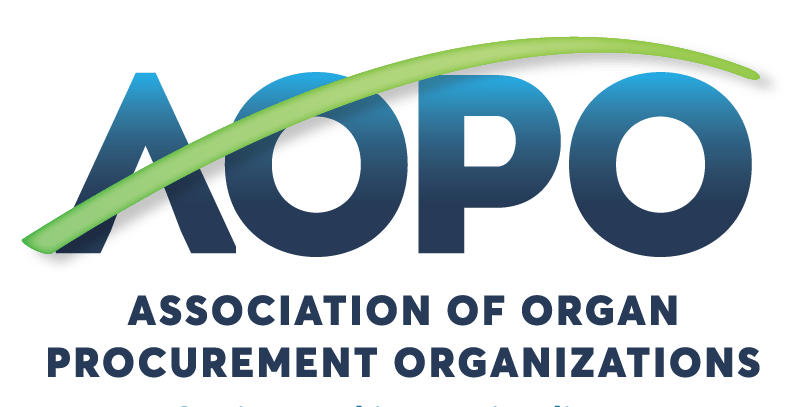For ICU nurse Sarah Friedman, organ donation is not just a medical procedure—it’s a profound, life-changing experience. A recent graduate of nursing school, Sarah joined the team at Rex Hospital in February 2024, drawn by the supportive environment and her passion for critical care. Although her journey with HonorBridge was just beginning, Sarah’s first encounter with organ donation left a lasting impression.
Sarah, who had always been an advocate for organ donation, had never experienced it up close until she started working at Rex. As she recalls, her first exposure to HonorBridge, the local organ donation and tissue recovery organization, was nothing short of eye-opening.
“I had never had any exposure to anything like HonorBridge before,” said Sarah. “The people were so kind and answered all the questions that we had. They made it easy to know what to do in such a tough situation. It was good to have people to lean on with so much going on.”
Sarah’s first day assisting in an organ donation case involved a young patient. That day, Sarah found herself not only supporting her colleagues but also forming a deep connection with the family of the donor.
“When you have a really sick patient, your care shifts from the patient to their family,” Sarah explained. “The way I made a connection with the family, it’s honestly something I’ll never forget. They were able to have a moment of peace with each other—they Facetimed their family across the states, and they all said goodbye to him in their own way.”
Sarah was invited to witness the honor walk—a solemn procession where hospital staff line the hallways to pay tribute to the donor. “It was so moving. I’ve never seen anything like that before, only on TV,” Sarah recalled. “After the honor walk, the family was able to come down into the OR and say goodbye to him as his ventilator was removed. They were able to spend every last second with him until he lost his heartbeat. Even though it was surgery, HonorBridge still found a way to make it very personal. We played his favorite song and dimmed the lights. We were there, holding the family’s hand, giving them hugs. Being there for such a raw moment really opens your eyes to how short life is and how precious every moment is.”
One moment that stood out to Sarah was when the donor’s mother shared a meaningful story about her son’s compass necklace.
“She was saying that he always wanted to find his place in the world and that’s what the compass was for,” said Sarah, who coincidentally wears a compass necklace herself. “When she was trying to decide if he should be an organ donor or not, she asked for a sign. She flipped the necklace over and on the back of the compass was a smiley face, almost rubbed off from wear. She showed it to me and said that was his way of telling me to go through with organ donation. I told her, ‘I think this is his path, to save so many lives.’”
Beyond the emotional support HonorBridge provided to the donor’s family, Sarah was also struck by how they cared for the hospital staff. “At the end of the surgery, the HonorBridge team turned to us and said, ‘If you ever need anything or anyone to talk to, please reach out.’ They reminded us to take care of ourselves too,” Sarah recalled, noting how much that simple gesture meant to her.
The experience reaffirmed Sarah’s belief in organ donation and is now dedicated to the importance of dispelling misconceptions, particularly the notion that organ donation means giving up on saving a life.
“The doctors took an oath, the nurses took an oath, and they’re all going to do whatever they can to save your life, regardless of if you’re an organ donor or not,” said Sarah. “When you’re at that point where your organs can be donated, the doctors and the nurses have tried literally everything for you and there’s nothing left that can be done. It’s either you’re going to pass away, or you’re going to pass away and change lives in the process. For me, if I could do one last thing before I pass away, it would be to be somebody else’s miracle.”
For Sarah, being an organ donor is the ultimate act of selflessness—something that can turn the darkest moment into a moment of hope for others.
Sarah left that day with a deeper appreciation for life and the incredible impact that organ donation has on families and healthcare workers alike. “Usually when I walk away from really sad days at work, I feel depressed, but this day was different. It felt warm. It was the right thing,” she said.
The donor’s gift not only saved lives but also reminded Sarah of the profound privilege of her role as a nurse: to bring light to even the darkest moments.
75 lives could be saved and healed from one organ, eye, and tissue donor. Together, we can save lives. Register your decision at honorbridge.org/registerme



